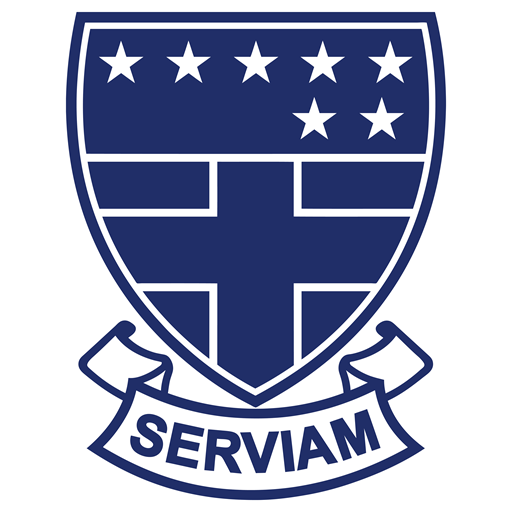Computer Science

St Ursula’s School

Computer Science Curriculum Intent
We live in a world where technology is prevalent and impacts most aspects of our everyday lives. By teaching Computer Science, we are equipping students to be prepared for this rapidly changing world. The intention is that pupils will be able to find, create, explore, exchange and present information competently, confidently, and responsibly. The Computer Science curriculum enables our students to bring about positive change in the world, engaging them in challenging debates about the role of information technology in removing barriers to change.
My hope is for all pupils to be able to express themselves and develop their ideas through information and communication technology – at a level suitable for the future workplace and as active participants in a digital world. The Computer Science curriculum builds students’ cultural capital providing them with a new frame of reference,and creating an understanding of the impact of new technologies on cultural contexts. A lot of work has been put into decolonising the curriculum, and within the subject, students will be able to look at role models from diverse backgrounds and explore how technology can often reflect the unconscious biases and prejudices we hold.
The curriculum has been carefully designed and sequenced by a subject expert to provide a comprehensive and rigorous intellectual journey to ensure that all pupils are able to understand and apply the fundamental principles and concepts of computer science, including abstraction, logic, algorithms and data representation. We want students to be able to analyse problems in computational terms. In Computer Science students will gain practical experience in programming, allowing users to think creatively, innovatively, analytically, logically and critically. The content provides students of differing ability, need and talent access to a rich and stimulating range of topics. It is designed to be appropriately ambitious for all students, from the highest attaining to those who require special consideration, whether that be SEND or a disadvantaged context.
Key Stage 4
At Key Stage 4, the course builds on the knowledge, understanding and skills established during Key Stage 3. There is a heavy focus on programming skills as well as students being introduced to more theory in order to prepare for the Computer Science GCSE qualification. The OCR’s GCSE (9–1) in Computer Science encourages students to understand and apply the fundamental principles and concepts of Computer Science, including abstraction, decomposition, logic, algorithms, and data representation. Students continue to analyse problems in computational terms through practical experience in solving such problems, including designing, writing, and debugging programs. Students learn in greater depth the impact of digital technology on the individual and wider society and the functions of the different pieces of hardware. Ultimately our aim is that all students should leave with the knowledge and skills to confidently and safely navigate the digital world.
As a subject expert, I recognise the contribution that Computer Science makes to developing students’ literacy. The curriculum promotes disciplinary literacy so that students can read and speak as a Computer Scientist would. Schemes of learning set out tier 3 subject vocabulary which is developed through students’ reading of academic text.
Links to curriculum maps:
Links to useful sites for KS4 students, parents and members of the public
BBC Bitesize KS4
OCR Online Computer Science Course
Sample assessment material

